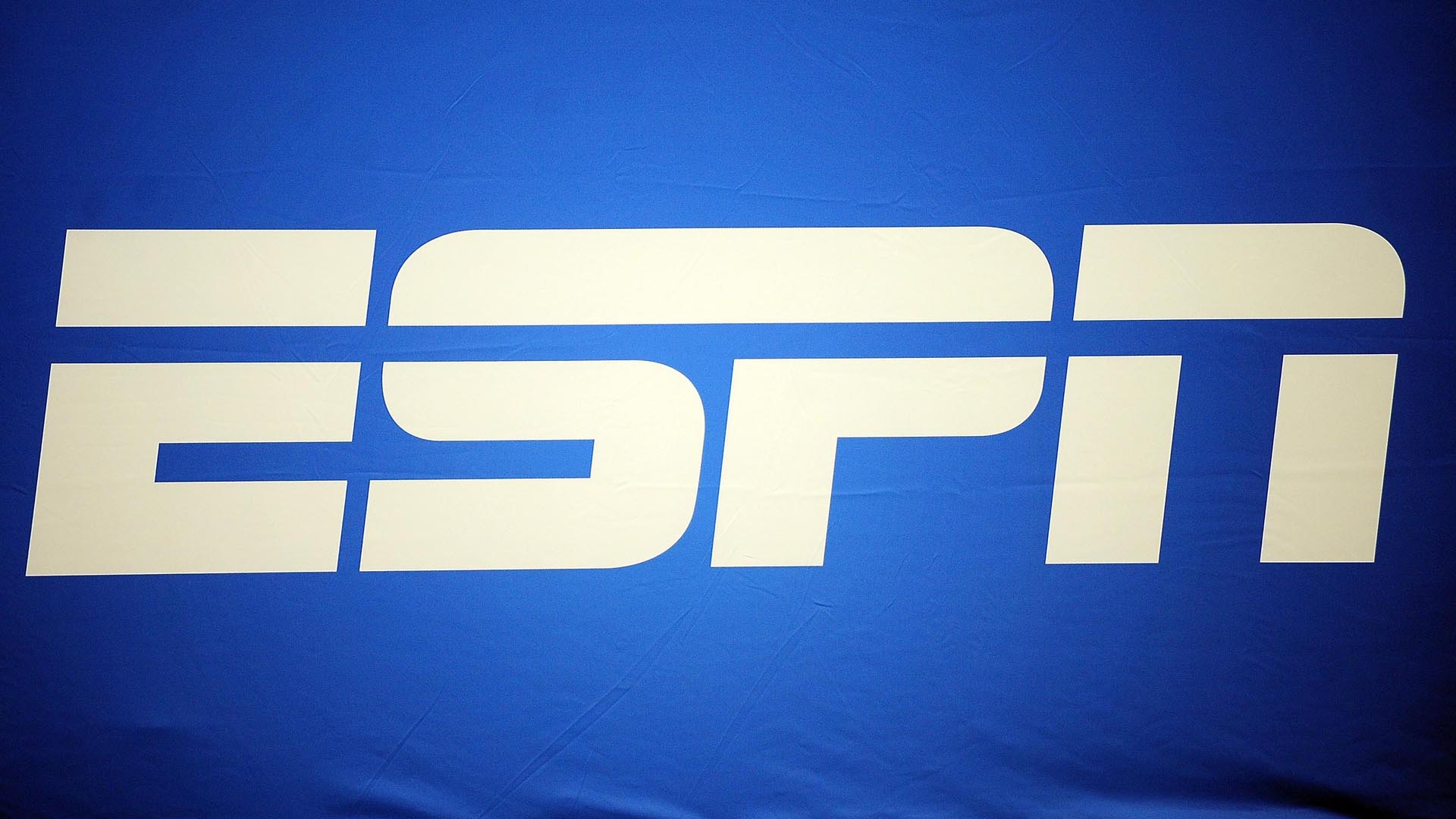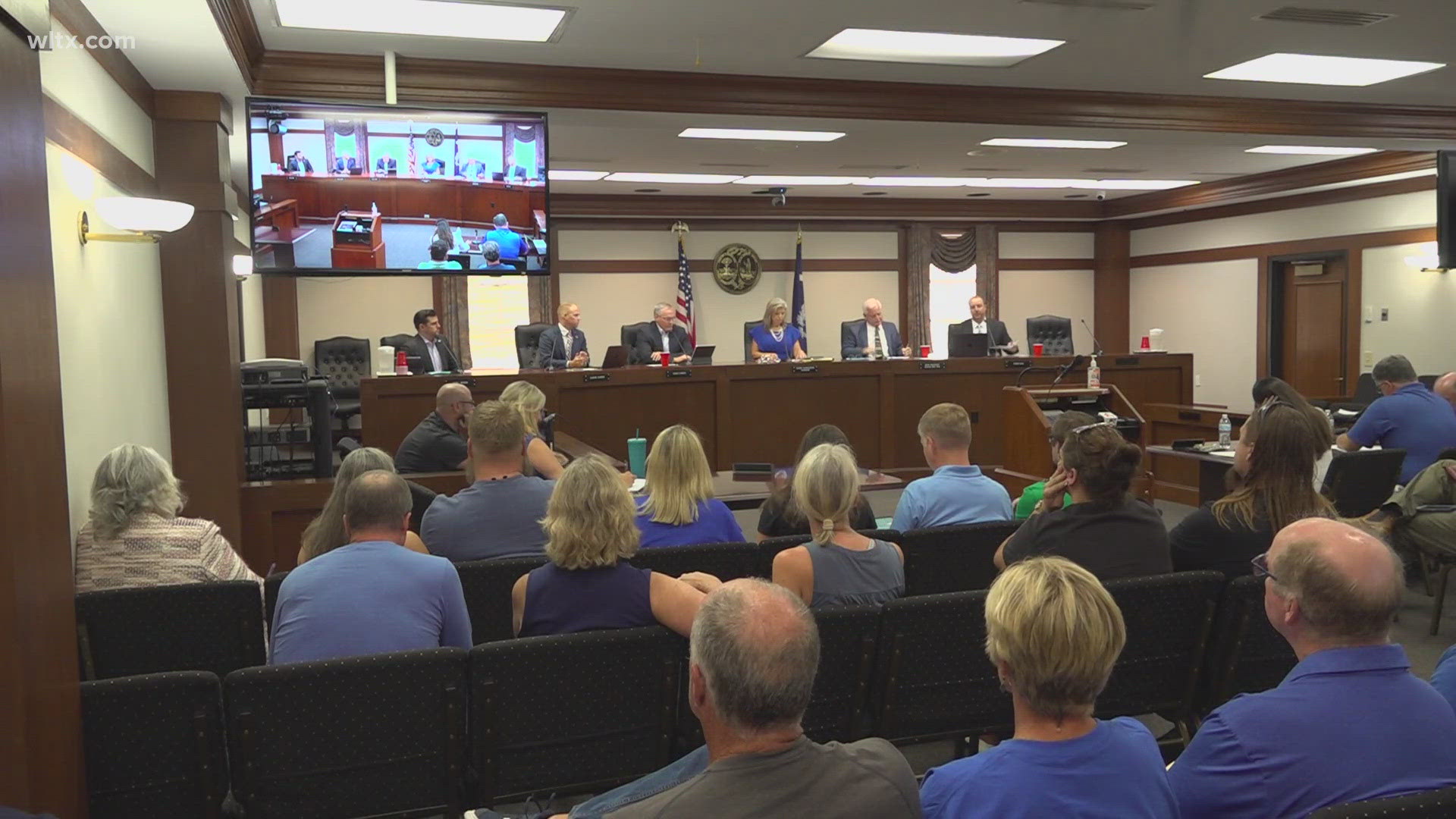Today is a sad day for me personally, because I spent nine years as an anchor at ESPN, and I know a lot of the people who are being laid off. ESPN is a special place to work, and the bond you forge with the other people there is unique. You’re there a lot of late nights, weekends, holidays. Many of the anchors and producers are going through the same part of the life cycle in their 30s, starting families, buying first houses and adopting first pets and having first children.
It’s especially raw because I, myself, was laid off from my last TV job at Comcast SportsNet in Houston in 2014. I know what it’s like to be unemployed through no fault of your own, and it’s not fun. I know what the market was like for on-air sports personalities, even those with decades of experience at ESPN, and it was bleak before today. Now, the market is flooded with good people who live in central Connecticut, and have to do something -- move somewhere or transition to another industry.
Why is ESPN laying off so many people? The company laid off about 300 employees (mostly behind-the-scenes) a few years ago, and about 100 on-air personalities Wednesday almost entirely because of “cord-cutting” – when people decide to dump their cable TV altogether, and use streaming services instead like Netflix or Amazon.
Millions are doing that every year in America, and it’s changed the landscape for the television industry. ESPN, more than anybody else, because ESPN gets so much of its revenue from cable subscribers.
Oprah Network, Lifetime, HGTV, even TNT, and TBS get about $1 per subscriber -- if that.
In other words, your cable bill for $200 each month? $1 goes to USA Network, $1 goes to VH-1, and on down the line for the 200 channels you can watch. Again, about $1 per subscriber -- if that.
ESPN gets $7 per subscriber. It’s more than twice what the next-closest network generates.
So now figure in that ESPN has lost about 20 million subscribers in the last five years. That’s $700 million in lost revenue just in the last half-decade.
It’s not that the on-air personalities make a ton of cash. Most don’t, as I can personally attest. It’s that the financial game for the entire industry has changed.
To make up $700 million, ESPN has two basic options -- cut salary or cut TV rights. And though they could save $100 million or $200 million in one fell swoop by sacrificing (or letting the contracts expire for) their rights to Big 12 basketball, or international soccer, or the NBA, or MLB, that would also mean less content for ESPN. Less content makes it less desirable for the Average Joe, who’s then more likely to be a cord-cutter, which means less money coming in.
It’s a dangerous cycle that, today, cost 100 of my friends their jobs.
Steve Bunin worked for nine years as an anchor at ESPN. He's currently the anchor of KING 5 Mornings in Seattle.


